Delhi’s New Rule: No More Than Two Petrol or Diesel Cars per Family
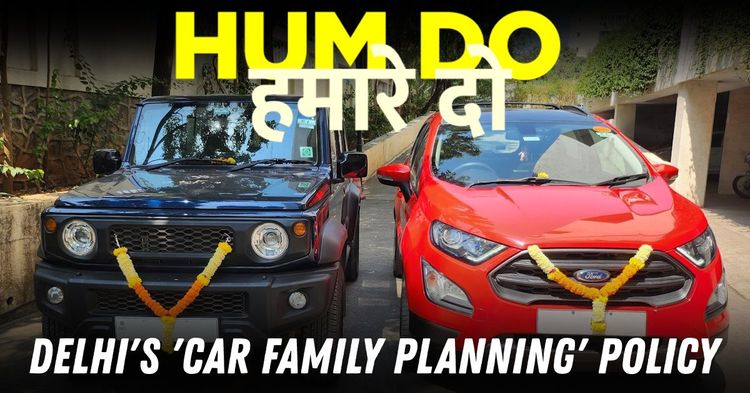

Delhi loves its cars. The more, the merrier. The bigger, the better. In many neighbourhoods, it’s not unusual to see driveways lined with three, four, or even five cars-often a mix of SUVs, hatchbacks, and sedans, all jostling for space.
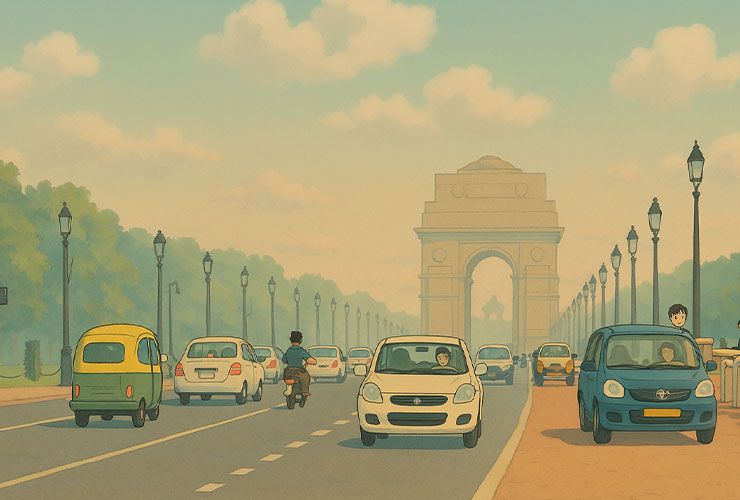
But this familiar sight could soon be a thing of the past. The Delhi government’s new draft policy, dubbed “Delhi EV Policy 2.0,” proposes a radical shift: no family will be allowed to own more than two petrol or diesel cars. If you want a third car, it must be electric.
Delhi’s love affair with cars is legendary. In many joint families, it’s not uncommon to see four or five vehicles squeezed into every available parking spot. SUVs, sedans, hatchbacks—petrol and diesel cars have long been a symbol of mobility and status.
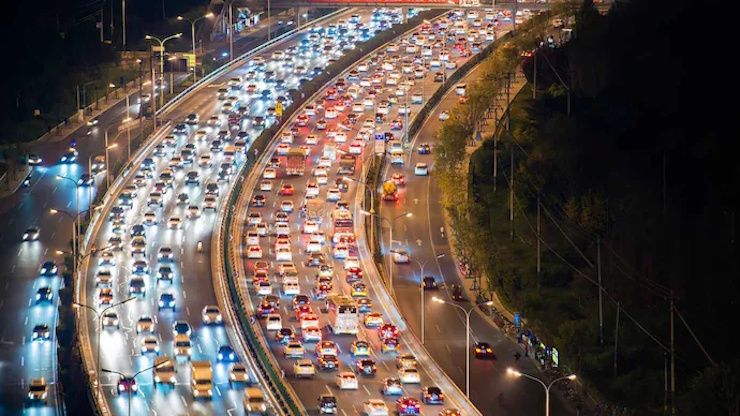
But as Delhi’s air grows thicker and the city’s roads more congested, the government has decided it’s time for a change. The new draft policy, still awaiting final approval, is straightforward: every household can own up to two internal combustion engine (ICE) cars.
If a family wants a third, it must be an electric vehicle (EV). The rule targets new registrations - existing multi-car families won’t have to give up their current vehicles, but any future additions will be subject to the new cap.
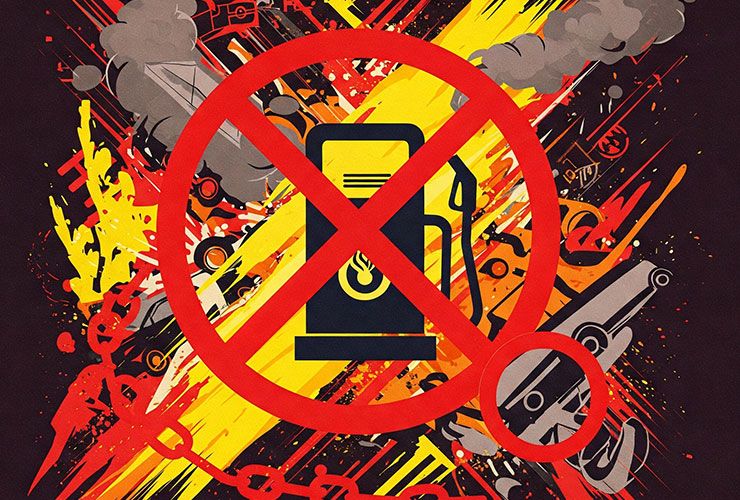
Delhi’s air pollution is infamous, and vehicles are a major contributor. The city’s EV Policy 2.0 aims to push EV adoption from the current 2.7% to 30% by 2030. The two-car rule is a lever to nudge affluent, multi-car households - those most likely to buy a third or fourth car - towards electric options.
This isn’t just about numbers. It’s about changing habits. The government hopes that by making it harder to keep adding petrol or diesel cars, families will start to see EVs as the default choice, not a novelty. The policy also proposes tax waivers on hybrid vehicles, making them up to 15% cheaper, and cash incentives for electric two-wheelers, all aimed at making the electric switch more attractive.
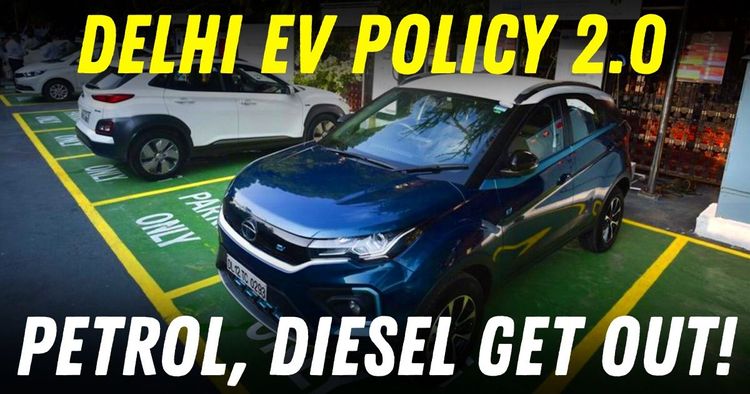
For many Delhiites, the rule is a wake-up call. Car enthusiasts and large families may feel squeezed, especially those used to having a car for every adult. There are concerns about practicality - what about joint families sharing one address, or those who genuinely need more cars for work and school runs?
Others see the rule as a necessary nudge, arguing that Delhi’s car culture needs to evolve if the city is to breathe easier. The policy’s impact will be felt most by wealthier households, who are the main buyers of multiple cars.
For the average family, owning more than two cars is rare, so the rule won’t disrupt daily life for most. But for car dealers, especially those selling petrol and diesel models, the policy could mean fewer sales and a shift in showroom conversations towards electric options.
The policy’s success will depend on more than just rules. Delhi’s EV charging infrastructure is still a work in progress. Many homes lack dedicated parking, let alone charging points. The government promises a rapid rollout of public charging stations, battery swapping, and recycling facilities, but the timeline and funding remain unclear.
There’s also the question of enforcement. How will authorities track car ownership across large families or multiple properties? What about those who use company registrations or relatives’ addresses to bypass the rules? These are not small hurdles, and the government is still seeking feedback from carmakers and citizens before finalising the policy.
If the policy works as intended, Delhi could become a model for other cities grappling with pollution and congestion. The hope is that, over time, electric cars will become as common as petrol ones, and the city’s air will grow a little clearer with each passing year. But for now, Delhi’s car lovers face a new reality. The days of endlessly adding petrol and diesel cars to the family fleet are drawing to a close. In their place, a new chapter is beginning - one where electric cars aren’t just the future, but the present, parked right outside the front door.